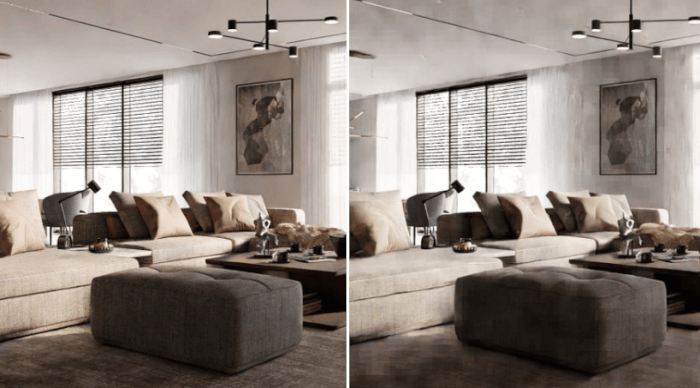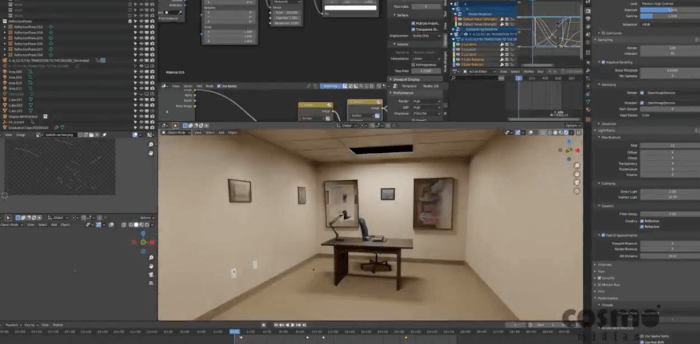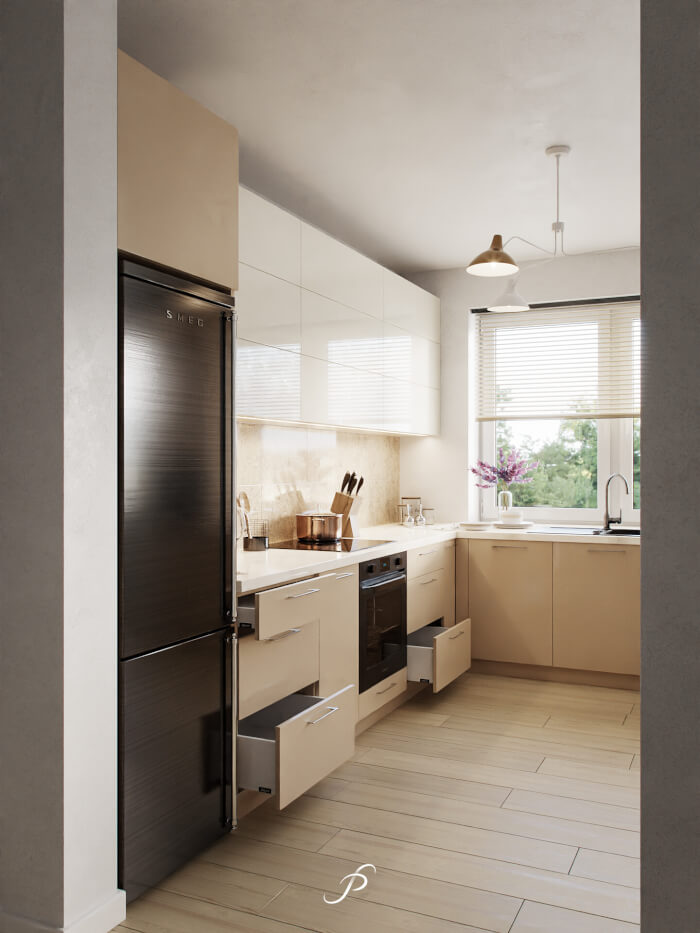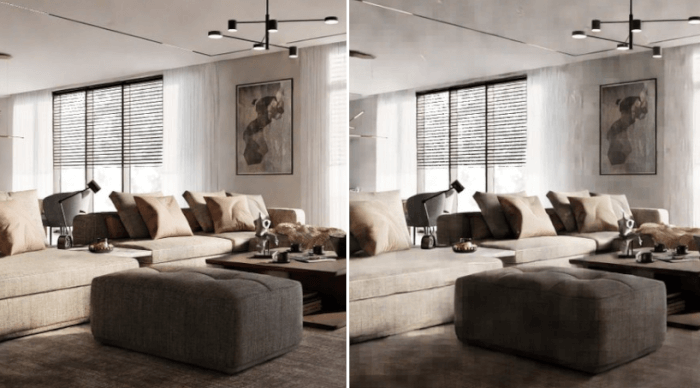
The release of Blender 2.79 will bring an incredible set of features for architectural visualization artists, and among those features, you will find the denoising tool. With this new option, you can apply a type of filter on any render, and the result will be an image with fewer samples and less noise.
Do you want to see an example of a project that uses the denoising from Blender 2.79?
An artist called HelmyArdiansyah posted a project at the BlenderArtists forums with an office building with only 1024 samples. The probability of getting good results with “only†1000 samples in architectural visualization is uncertain. It will depend on a lot of factors.
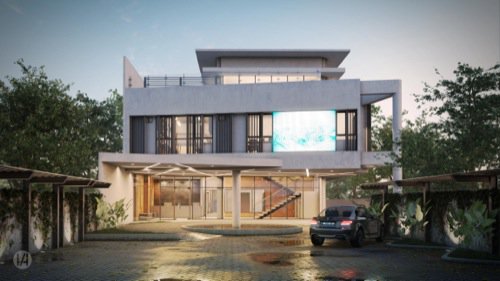
From the description of the artist, he manages to render the scene using a resolution of 1920 x 1080 in about 2 hours and a half. The hardware used is a GTX 960.
If you take a close look at the image, you will notice an unusual amount of blur. That is the “price†you have to pay for the denoising. By applying the technique to your projects, you will eventually lose some detail to get shorter render times.
To learn more about the project, including a view of the settings from Cycles you can visit the forum thread.
Learning about the denoising
Do you want to find out more about the denoising feature and other tools related to architectural visualization? Consider taking a look on our premium subscription. We already sent a downloadable guide about the denoising to all subscribers.
With a subscription, you will receive guides, tutorials, and assets for architectural visualization with Blender straight to your inbox!
Here are the available plans:

